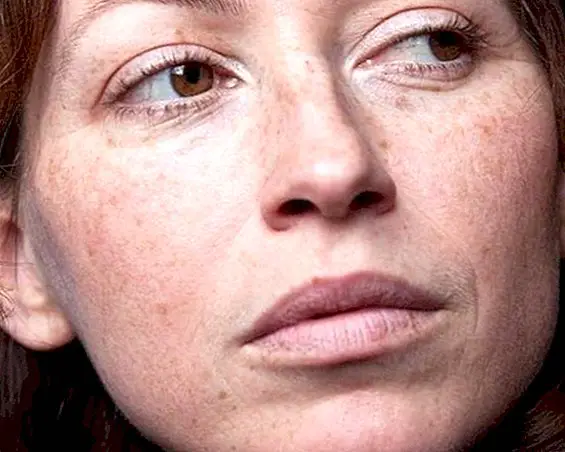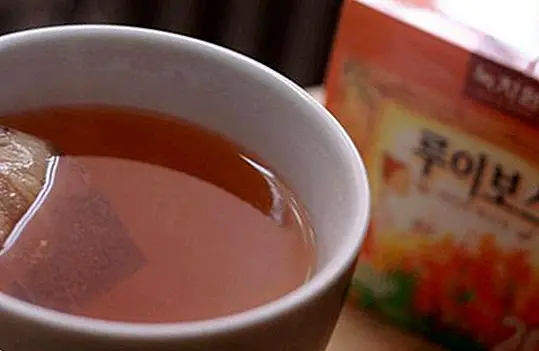Couperose: symptoms, causes and treatment
With the arrival of autumn, and particularly with the beginning of winter, it is usual that our health tends to suffer, as it is normal for our defenses to weaken (which is why it is especially recommended to know how to increase the defenses), and we feel resentful or agripemos more easily.
In the case of skin, with the changes in temperature caused by the cold of the street to the heat in houses, shops and our own workplace, is one of the most suffering at this time of year.

And is that these constant changes in temperature cause vasoconstrictions and vasodilataciones in the skin. The consequence? The appearance of the well-known couperose.
What is couperose?
It is a common side effect of the cold, characterized by the appearance of small capillaries that, when dilated, form appearances similar to spider webs, being more common in the nose and cheeks, although they can also be formed all over the face.
Although it is true that its causes are unknown, experts agree that there are certain factors that favor its appearance: abrupt changes in temperature, stress, menopause, consumption of corticosteroids or snuff.
Symptoms of couperose
As indicated above, the most characteristic symptom of couperose is the appearance of small dilated capillaries, which on the face form a kind of spider web of characteristic red tones. Disorder that is medically named telangiectasia.
It appears on the cheekbones, nose, and chin, and may especially affect women, especially if it has clear skin and is sensitive in turn.

Treatment of couperose
The medical treatment goes through the application of pulsed bleaching laser, which stands out as the definitive treatment since the treated blood vessel never appears again.
However, to avoid its appearance there is no doubt that the most important thing is prevention.
How to prevent the cuperosis?
- Avoid sudden changes in temperature.
- Moisturize your skin well, using combinations of lotions rich in lactonic acid, ceramide and other substances that protect the skin.
- Always use sunscreen, even in winter.
Image | abkfenris This article is published for informational purposes only. It can not and should not replace the consultation with a Physician. We advise you to consult your Trusted Doctor. ThemesWinter Fur


